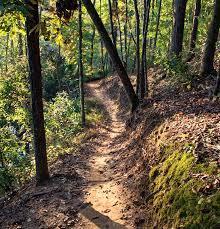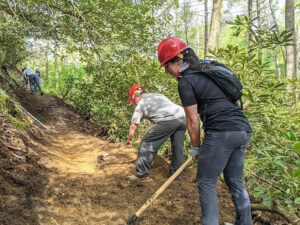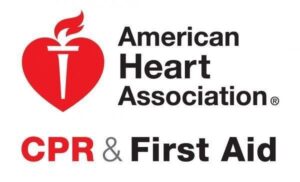
Home » Academic Degree Programs » Continuing Education and Workforce Development » Trail Construction and Sustainability » Basic Trail Training Program
Trail Construction and Sustainability Program
Basic Trail Training Program (16 Hours Minimum)
Trail Types and Experience: Four (4) Hours
This course provides the broad overview of the different types of trails, surfaces, locations, user types, difficulty levels, and experiences. Students will understand the general goals of trail design principles. Students will leave this course with a better understanding of trails and more awareness of different types of trail experiences.
Basic Sustainable Trail Assessment and Maintenance: Eight (8) Hours
Students will go in depth on sustainable trail assessment and maintenance principles. This class is designed for students who want to play an active role in local trail maintenance organizations as volunteers or trail crew leaders. Students will learn the principles of sustainable trails and touch on each aspect of trail maintenance in order to assess trail needs, prescribe maintenance solutions, and execute basic trail maintenance.






